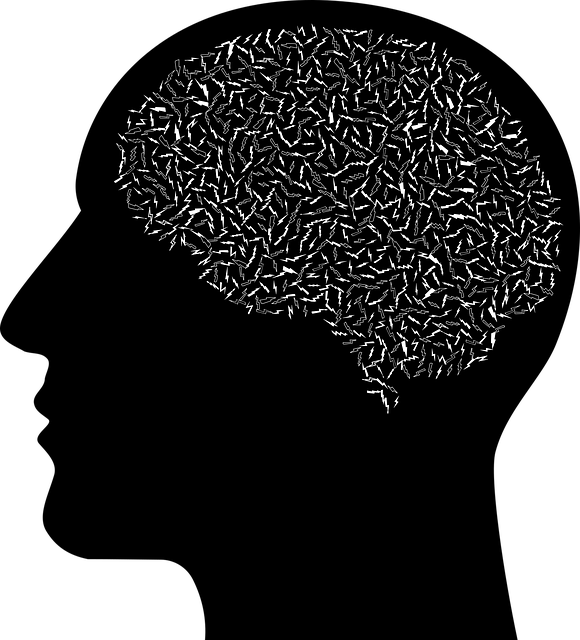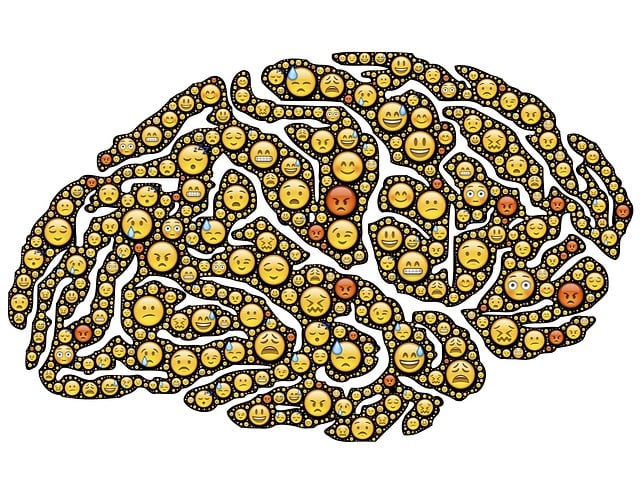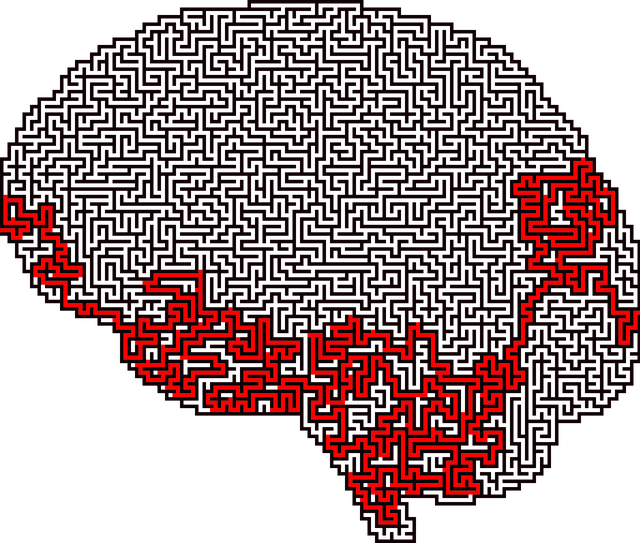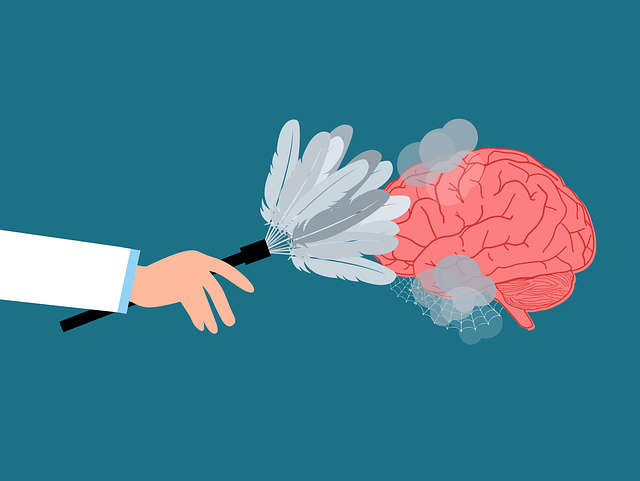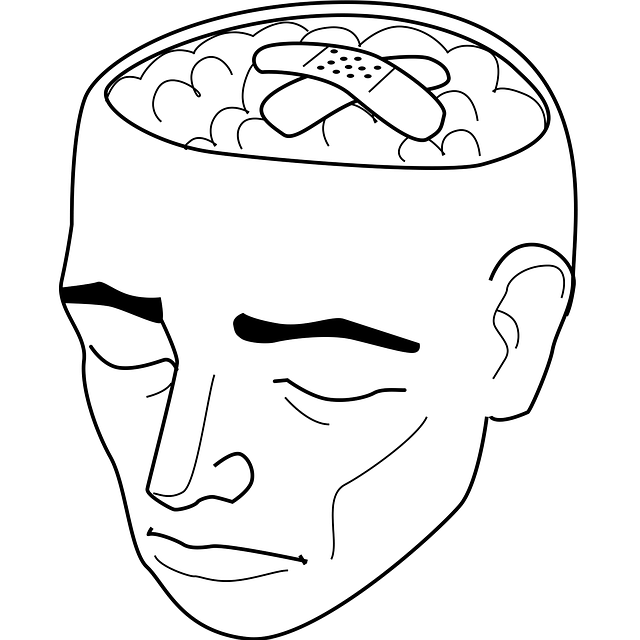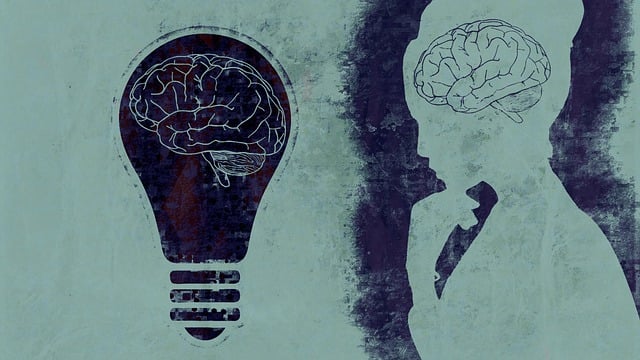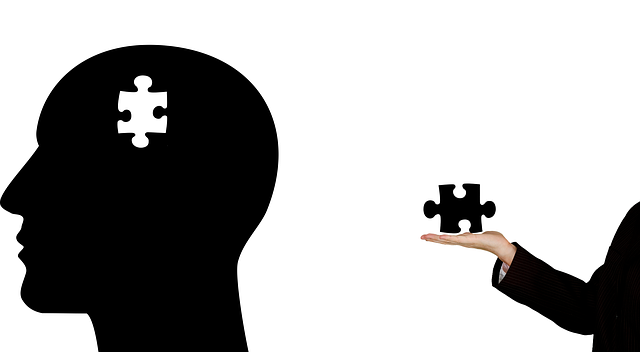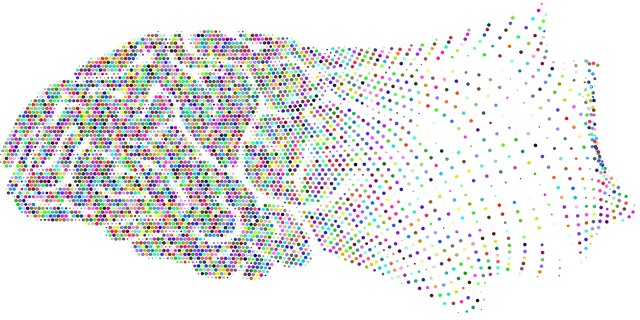Depression and Bipolar Disorder in Highlands Ranch require integrated management strategies. Social Skills Training, Resilience Building, and Mindfulness Meditation enhance mood regulation. Early warning signs of depression should be addressed through mental wellness coaching and journaling. Lifestyle changes like sleep routines, diet, and exercise significantly impact mental health. CBT and mindfulness meditation are evidence-based therapies, supported by public awareness campaigns. A strong support network, including compassion cultivation and tailored exercise guidance, fosters resilience against depressive episodes in Highlands Ranch Bipolar Disorder Therapy.
Depression and bipolar disorder are prevalent mental health challenges, but prevention is key. This guide explores a comprehensive approach to managing these conditions, from understanding their nuances to implementing practical strategies. We delve into identifying early warning signs, emphasizing the importance of lifestyle changes for optimal mental well-being. Additionally, we highlight therapeutic options in Highlands Ranch, focusing on bipolar disorder treatment, and the power of building supportive networks. Equip yourself with these strategies to take charge of your mental health journey.
- Understanding Depression and Bipolar Disorder
- Identifying Early Warning Signs
- Lifestyle Changes for Better Mental Health
- Therapeutic Approaches in Highlands Ranch
- Building a Supportive Network
Understanding Depression and Bipolar Disorder

Depression and Bipolar Disorder are distinct yet closely related mental health conditions that significantly impact an individual’s mood, energy levels, and ability to function. While depression is characterized by persistent feelings of sadness and loss of interest, bipolar disorder involves extreme mood swings, including episodes of mania or hypomania intermingled with periods of depression. Recognizing the nuances between these disorders is crucial for effective treatment and prevention strategies in Highlands Ranch Bipolar Disorder Therapy.
Social Skills Training, Resilience Building, and Mindfulness Meditation are powerful tools in managing both conditions. Social Skills Training helps individuals navigate relationships, enhancing their ability to connect and communicate effectively, which can mitigate social isolation—a risk factor for depression and bipolar disorder. Resilience Building focuses on cultivating coping mechanisms and a positive mindset, empowering people to bounce back from challenges and stress. Mindfulness Meditation encourages present-moment awareness, helping to regulate emotions and reduce the impact of stressful events, thereby preventing depressive episodes in both disorders.
Identifying Early Warning Signs

Recognizing the early warning signs of depression is a proactive step towards maintaining mental wellness, especially for those at risk of bipolar disorder in Highlands Ranch. This can be a game-changer as it allows for timely intervention and support. Many individuals may experience subtle changes in their mood or behavior that could indicate an impending depressive episode. These signs might include persistent feelings of sadness, loss of interest in activities once enjoyed, changes in appetite and sleep patterns, fatigue, difficulty concentrating, and even thoughts of worthlessness or suicide.
By being vigilant and educating oneself about these warning signs, individuals can seek help early on. Mental wellness coaching programs and emotional healing processes can play a significant role in teaching coping strategies and providing guidance during these challenging times. Additionally, keeping a mental wellness journal to track moods, thoughts, and triggers can be an empowering way to identify patterns and take charge of one’s mental health, ensuring a brighter and healthier future.
Lifestyle Changes for Better Mental Health

In the quest to prevent depression and promote mental well-being, lifestyle changes play a pivotal role. Individuals living in areas like Highlands Ranch with access to bipolar disorder therapy should view their daily routines as an opportunity for growth and stability. Simple yet powerful adjustments such as maintaining a consistent sleep schedule, adopting a balanced diet rich in nutrients, and incorporating regular physical activity can significantly impact mood regulation. These foundational changes not only serve as a solid base for mental health but also enhance the effectiveness of therapeutic interventions, like those offered by local healthcare providers with cultural competency training.
Moreover, cultivating coping skills development through mindfulness practices, stress management techniques, and building a robust support network are essential. Risk management planning for mental health professionals can further mitigate potential triggers, ensuring individuals receive personalized care tailored to their unique needs. By integrating these lifestyle modifications into daily life, Highlands Ranch residents can proactively manage their mental health and foster resilience against depressive episodes.
Therapeutic Approaches in Highlands Ranch

In Highlands Ranch, therapeutic approaches play a pivotal role in addressing depression and related conditions like bipolar disorder. Mental health professionals here utilize a range of evidence-based strategies to help individuals manage their symptoms and improve overall well-being. One prominent method is cognitive-behavioral therapy (CBT), which focuses on identifying and changing negative thought patterns and behaviors contributing to depressive episodes. This therapeutic approach empowers individuals with coping skills to navigate stress, anxiety, and mood fluctuations effectively.
Additionally, the integration of mindfulness meditation into treatment plans has gained prominence in Highlands Ranch’s mental health landscape. Mindfulness practices help individuals cultivate present-moment awareness, promoting emotional regulation and reducing symptoms of depression. Public awareness campaigns and communication strategies also contribute to the fight against depression, fostering open conversations and reducing stigma. These initiatives encourage individuals to seek support early and access the therapeutic resources available in the community.
Building a Supportive Network

Building a strong support network is a vital component of depression prevention and overall mental wellness. In Highlands Ranch Bipolar Disorder Therapy, one often focuses on fostering connections that provide emotional support, understanding, and encouragement. This can involve reaching out to friends and family members who are reliable and caring, allowing oneself to be vulnerable with them, and sharing feelings and experiences. Creating a safe space for open communication helps in reducing isolation and promotes healing.
In addition to personal relationships, engaging in practices like compassion cultivation and mental wellness journaling can significantly contribute to building resilience against depression. Keeping a journal encourages self-reflection and provides an outlet for processing emotions. Incorporating exercise guidance from healthcare providers who have undergone cultural competency training can also be beneficial, as it ensures tailored support that respects individual needs and backgrounds. These strategies collectively create a supportive environment, enabling individuals to navigate life’s challenges with greater ease and resilience.
Depression and bipolar disorder are manageable conditions, and with the right strategies, individuals can lead fulfilling lives. By understanding these disorders, recognizing early warning signs, adopting healthy lifestyle changes, and accessing therapeutic approaches like those available in Highlands Ranch, people can take control of their mental health. Building a supportive network is key to preventing and managing depression, offering a system of care and encouragement. For those seeking specialized help, Highlands Ranch bipolar disorder therapy provides effective treatment options, ensuring individuals receive the support they need to navigate their mental health journey successfully.
